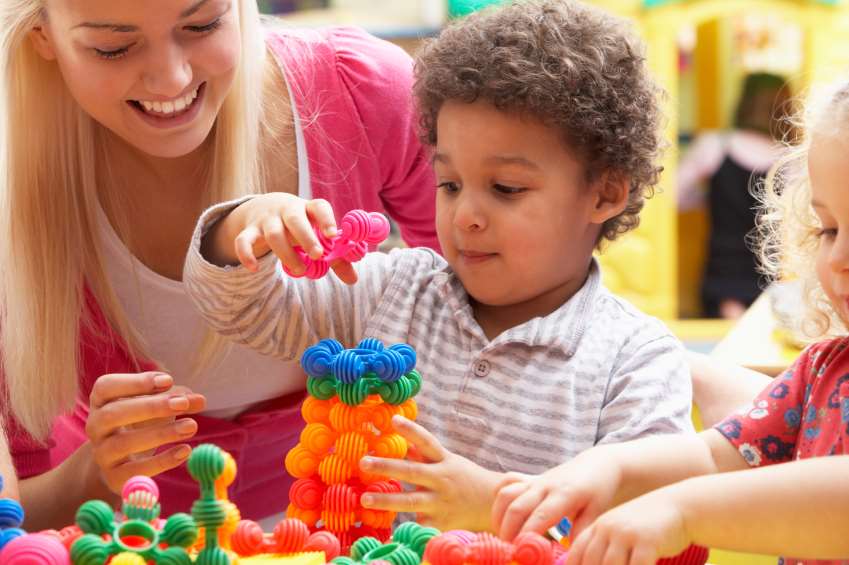The Government will split $8 million between two programs designed to give 350,000 preschool-aged children a head-start developing science, technology, engineering and mathematics (STEM) skills.
Prime Minister Malcolm Turnbull said the Government would provide $4 million each to The Smith Family’s Let’s Count program and to the Little Scientists initiative run by childcare centre operator Froebel.
“We’ve recognised if we are to be a successful nation of innovation that we have to have a stronger commitment to science and technology, and it has to start right across the board,” Turnbull said.
“This is a change for every age, but above all, it needs to ensure that our youngest Australians, the preschoolers, are becoming more numerate, more scientifically literate, and what better way to do that than here in schools with programs like this, that excite them.
“Programs like this are the building blocks for our future prosperity.”
The Let’s Count program targets disadvantaged children between the ages of three and five. It was developed in conjunction with academics from Monash University and Charles Start University, and has grown through corporate sponsorship.
The Smith Family said it had already “reached 8,500 children, 4,500 parents and more than 300 educators across more than 17 Australian communities”.
“We’ve evaluated it over three years and we really know that we are making a difference to these kids that we are supporting,” The Smith Family CEO Dr Lisa O’Brien said.
Little Scientists, meanwhile, has been run in Germany by Froebel for the past decade and “they were generous enough to seed fund [the program] into Australia”, Little Scientist Foundation project manager Sibylle Seidler said.
“More children should benefit from the program and so they have brought it out to Australia,” she said.
Seidler said that the Federal Government funding would “open up a lot of opportunities … to upskill educators, making them very confident to go into the preschool and really work with the children and keep on nurturing their natural curiosity.”
“Little Scientist is also all about also inquiry based learning so letting the kids ask the questions and the educators kind of guide them through and take their questions and say, ‘Why do you think that is?’” Seidler said.
“We thank the Government for their generous support and just look forward to the next three years [of funding] because it will make such a huge difference in the next generation of Australians.”
The funding for the two programs falls under the auspices of the $1.1 billion innovation statement that the Government unveiled at the end of 2015.
The statement, officially known as the National Innovation and Science Agenda (NISA), has broad aims to “incentivise innovation and entrepreneurship, reward risk-taking and promote maths, science and computing in schools,” the Government said last year.
Turnbull said at the time he expected to pull a number of “levers” in order to meet NISA’s aims, and indicated this would occur gradually as an ongoing program of work.









